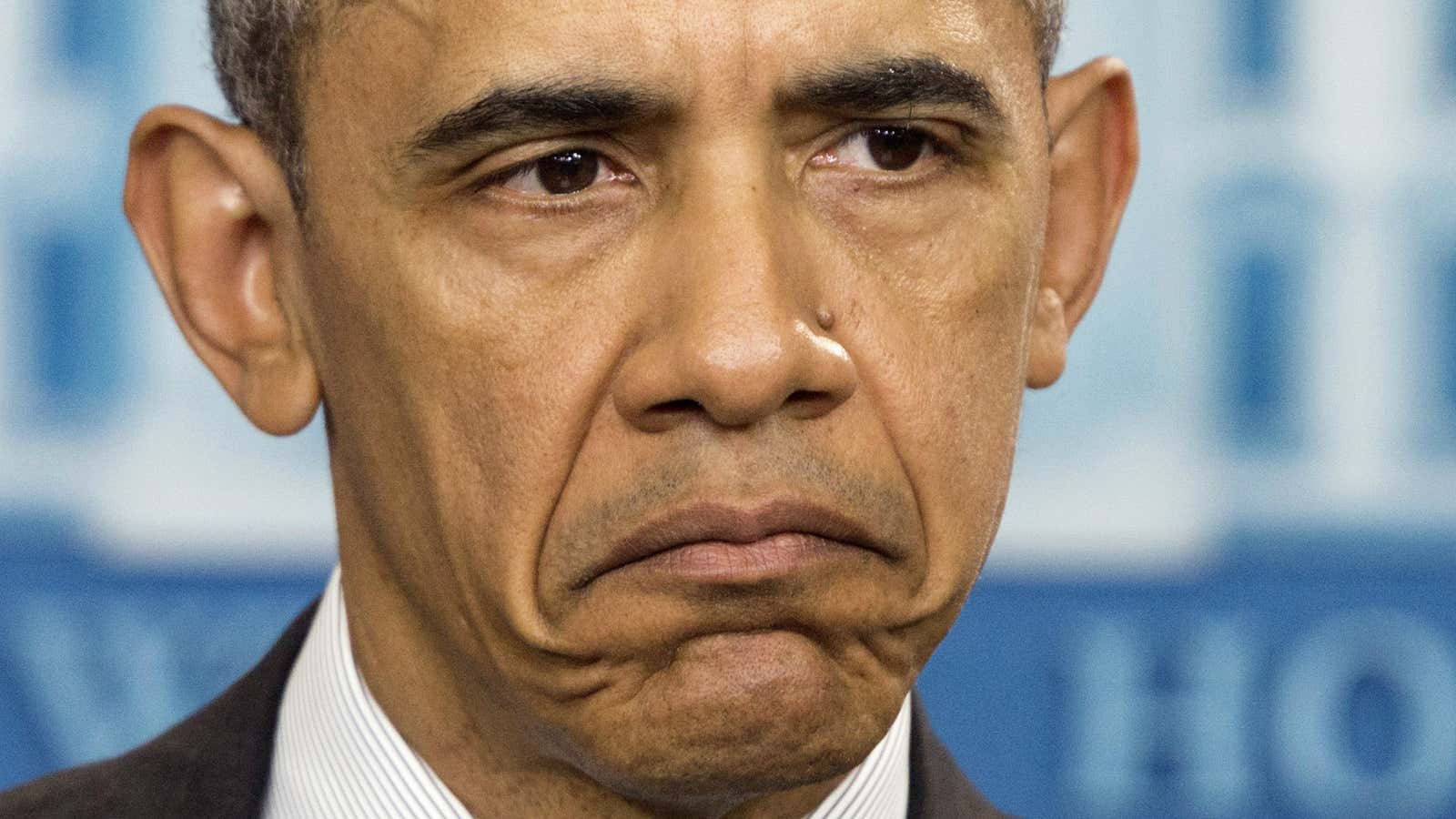This question originally appeared on Quora: What is the single most illuminating question I can ask someone? Answer by Jodi Kantor is a correspondent at the New York Times who writes about technology, gender, politics and other topics. She covered the first couple for seven years and is the author of the best-selling book “The Obamas,” about their adjustment to the roles of president and first lady.
I’m a reporter at the New York Times, I write about and often interview powerful people for a living, and I strongly believe the answer is: there is no one question that works for everyone. In fact, the secret to asking great questions is avoiding generalities or broad philosophical inquiries. Hypotheticals are worst of all, because they’re going to give you the opposite of what you want, which is the person’s real, lived experience.
To ask a really high-yielding question, you need to have done your homework. In my experience, the kinds of general questions named above don’t work very well. (Does anyone have a truly dazzling answer to the old “if you could meet anyone, living or dead?”)
The most illuminating questions are simple and specific. In the fall of 2009, I interviewed President and First Lady Barack and Michelle Obama about their marriage. My goal was to get them to avoid soundbites, to give honest, unrehearsed answers, and because I had been reporting on them for over two years at that point, I knew what to avoid and where to go.
I had come to understand that equality was a serious issue in the Obama marriage, and that in the White House, the president and first lady are not treated in the same way at all.
So I summoned up my nerve and asked them, “How do you have an equal marriage when one person is president?”
The first lady immediately made a sound like “hah!” as if she was glad someone was finally asking that question. And then she did something very smart: she let her husband answer the question.
He tried. Barack Obama is normally so eloquent, but he botched his reply three times, stopping and starting over. It was such a hard question to answer—Michelle Obama had been his supervisor at the law firm where they met, and yet she had made sacrifice after sacrifice for him, and now they were living in a world where he was like the sun, with everyone else rotating around him. Finally on the fourth try he half-joked that his staff was more concerned with satisfying the first lady than satisfying him.
Then Michelle Obama stepped in to rescue him, giving the obvious politic answer: They were equals in their private lives if not in their public lives. The whole exchange was incredibly illuminating.
Even if you don’t have years to research your subject, and it’s a situation like a job interview where you’re trying to assess someone, I would avoid sweeping statements, because they are likely to produce mush. For instance, when I hired a babysitter for my daughter, I used the same interviewing techniques I do in reporting and made the questions as concrete as possible: “Were you looking after a child on 9/11 and how did you react to the emergency?” (This was NYC in 2006 so the question made sense.) Also “what’s a good lunch for a toddler?” The sitters who said nuggets and fries were out; the one who said she was a vegetarian who would be happy to cook healthy food is still working for us seven years later.
You can follow Quora on Twitter, Facebook, and Google+.
More from Quora:
What is the best evidence that questions have power?
What was it like to be President Barack Obama’s classmate?
What are some of the best responses to “Sell me this pen/pencil” in a job interview?
